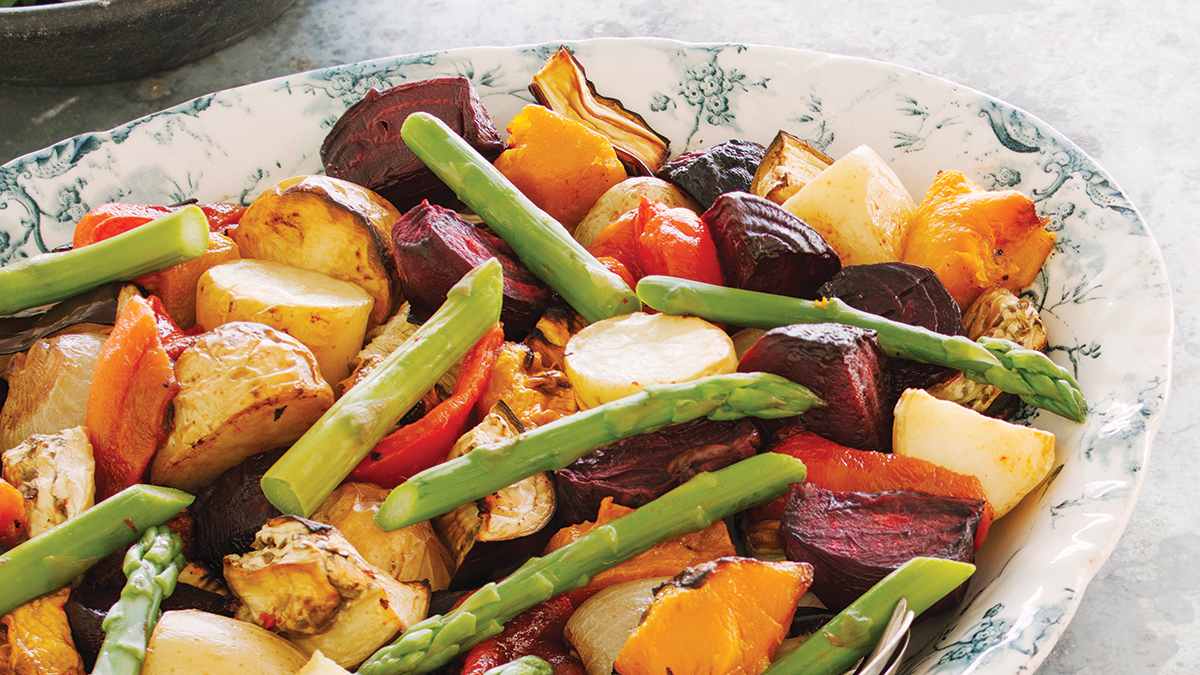The Paleo diet has received a lot of publicity for being attached to claims around weight loss and a range of other supposed health benefits. The diet advises followers to avoid processed foods as well as grains, legumes and dairy. And while it may be able to offer short-term weight loss, research on the long-term effects of such a diet has been limited.
Whenever a diet asks you to remove multiple food groups, there is a risk of unintended consequences. A recent study out of Sweden found this when researchers looked at older women eating a paleo diet compared to those eating a “Nordic” diet—one nutritionally similar to a Mediterranean diet.
After two years it was found that those on the paleo diet were more likely to have developed a mild iodine deficiency. Researchers noted that all women had similar iodine levels at the start of the study but, by the six-month point, average levels in the paleo group had already begun to drop.
While at the end of the study the effects were minor, when more severe iodine deficiencies occur over the long term it can lead to hypothyroidism in adults, with symptoms such as fatigue, weight gain and mood swings.
So what do the researchers think led to the deficiency? While seafood and foods like seaweed are good sources of iodine, they’re not the most commonly consumed sources. Most of us get our iodine from iodised salt, dairy products and breads—the very foods the paleo diet excludes. In fact, since 2009, food standards in Australia have required almost all breads to use iodised salt to help combat growing iodine deficiency across the population.
So it’s important that we keep in mind the long-term consequences before adopting any major dietary change.
Three ways to a healthy balanced diet
Pack your plate with plants. Whole plant foods—and lots of them—are the cornerstone of a healthy diet. Prioritise getting five serves of vegetables and two serves of fruit every day. Make sure you include a serve of legumes too!
Eat healthy wholegrains. Wholegrain foods provide the body with fibre, vitamins, minerals and a sustained source of energy. Choose wholegrain breads and pastas over white and refined versions where possible.
Choose healthy fats. Diets like the Mediterranean diet aren’t low fat, but the fat they contain comes in the form of healthy unsaturated fats like olive oil, nuts and seeds.







